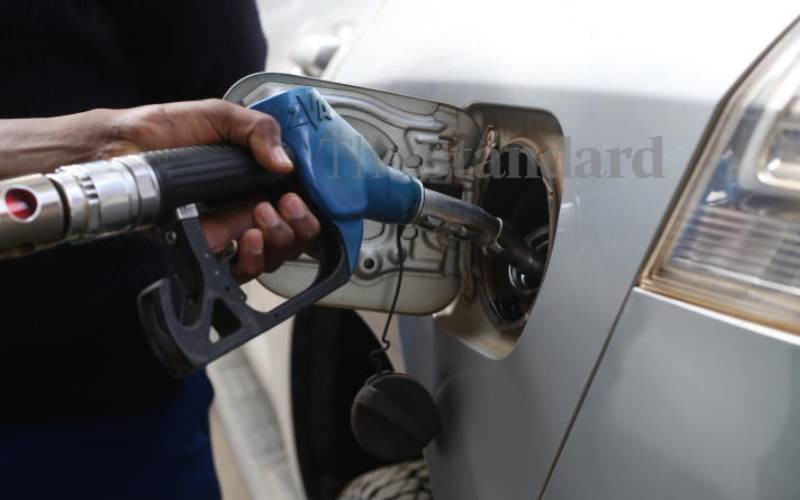×
The Standard e-Paper
Home To Bold Columnists

Morning commute for motorists in some parts of Nairobi was punctuated by queues at petrol stations on Tuesday, as many sought to buy fuel to no avail.
The situation appeared to worsen as the day progressed, with more petrol stations reporting dry pumps, echoing a scenario in late March last year that developed into a crisis.